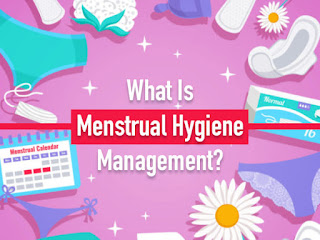How to Dispose Sanitary Pads

Inappropriate disposal of menstrual waste is problematic for several reasons. The first reason arise from the fact that plastic sanitary napkins have replaced cloth napkins to a large extent. Why should sanitary pads be disposed of properly? Disposing of sanitary napkins can be a difficult job. Not only is there a lack of proper arrangements in public toilets but this is considered a taboo altogether, which is why most women refrain from discussing appropriate ways of disposal. There are few reasons to ensure that used sanitary napkins are discarded properly. On an individual level, soiled sanitary pads can be smelly and attract flies. The exposed blood also becomes a suitable environment for germs. Ways of disposing sanitary pads! 1- At home, let’s make sure that your menstrual waste is not a part of your regular domestic waste. It can be kept separately as a bio/wet waste. Follow the red dot campaign, where you can mark your sanitary waste with a red dot for its easy ide
